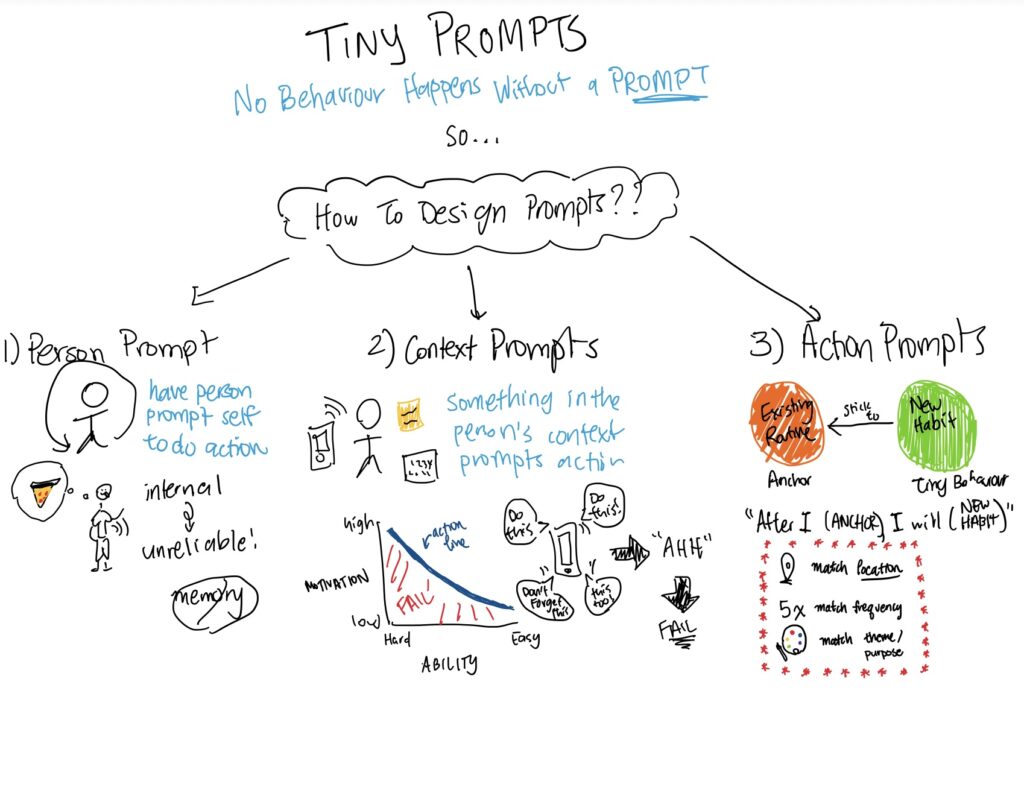In Case Study: An Office Romance Gone Wrong by J. Neil Bearden, the reader is presented with a case study in which a star salesperson struggles to navigate workplace politics after breaking up with the CFO of her company.
Leave or Stay?
I agree with Karen Firestone, and believe that Elizabeth should pursue other opportunities aggressively. This issue has already begun to impact Claudia’s relationships with her direct manager and other colleagues, and it sounds like they’re are already grooming Claudia to take over her position. By leaving sooner rather than later, she can take with her any proprietary frameworks or techniques she has built that make her uniquely skilled at talking to investors.
In addition, leaving sooner would allow her to start anew before her reputation is tarnished further. In her emotional state, it is possible that a future altercation could occur, and it is likely that she would be painted as the aggressor, even if she is pointing out an unfair or unjust practice.
I think Firestone brought up the great point that in talks about compensation, Elizabeth could ask for an equivalent of the stock options she is leaving on the table. Elizabeth has proven to drive value for the company, broadening her reach even outside of the expectations of her original salesperson position.
Putting Myself in Management’s Shoes
If I were the manager, I would definitely display more empathy towards Elizabeth than her current manager. I was particularly vexed upon reading what he said about it being a “better allocation of resources” for Claudia to take on the more visible position, whilst Elizabeth is cast aside to work on less visible tasks directly under him. I assume as a manager, there should be an investment on some level in the subordinates career, as during evaluations, a manager would not only be talking about past performance, but would take the time with the employee to outline their goals and discuss how they can make even greater impact within the company. If Elizabeth is the person who has created a unique position with her unique skills, it seems that the better use of resources would be for Claudia to take on the more general role, which has the infrastructure in place to teach her and help her grow into the role.
I can also understand, however, that as a manager, I may be facing pressure from the C-suite get Elizabeth to mentor Claudia, especially with such a small company where the you aren’t shielded through higher managers in the organizational structure.
If faced with a situation like this, I would definitely begin to question the integrity of the company leadership, similar to Rudra Swain, a commenter who presented advice by quoting the words of Peter F. Drucker: “If you notice integrity issues with the leadership of your company, you should dissociate yourself from the company.”



